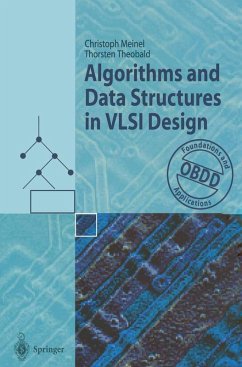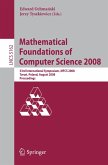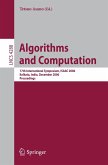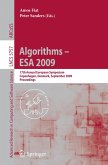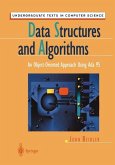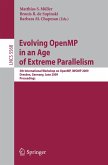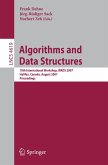One of the main problems in chip design is the huge number of possible combinations of individual chip elements, leading to a combinatorial explosion as chips become more complex. New key results in theoretical computer science and in the design of data structures and efficient algorithms can be applied fruitfully here. The application of ordered binary decision diagrams (OBDDs) has led to dramatic performance improvements in many computer-aided design projects. This textbook provides an introduction to the foundations of this interdisciplinary research area with an emphasis on applications in computer-aided circuit design and formal verification.
Dieser Download kann aus rechtlichen Gründen nur mit Rechnungsadresse in A, B, BG, CY, CZ, D, DK, EW, E, FIN, F, GR, HR, H, IRL, I, LT, L, LR, M, NL, PL, P, R, S, SLO, SK ausgeliefert werden.

